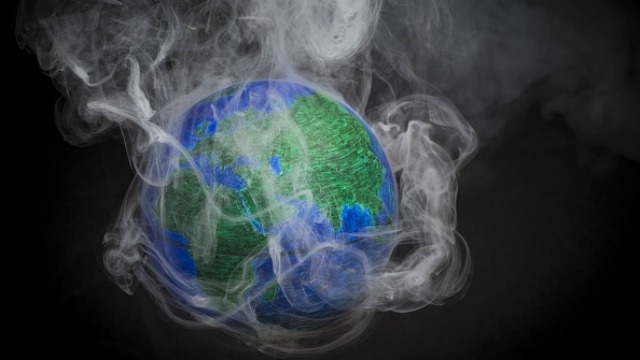
For the first time, under the impetus of the Indian Space Research Organisation (ISRO) and the French Space Agency (CNES), space agencies of more than 60 countries agreed to engage their satellites, to coordinate their methods and their data to monitor human-induced greenhouse gas emissions.
The COP21 climate conference held in Paris last December acted as a wake-up call in this context. Without satellites, the reality of global warming would not have been recognised and the subsequent historic agreement at the United Nations headquarters in New York on April 22, 2016 would not have been signed. Out of the 50 essential climate variables being monitored today, 26 – including rising sea level, sea ice extent and greenhouse gas concentrations in all layers of the atmosphere – can be measured only from space.
The goal now will be to inter-calibrate these satellite data so that they can be combined and compared over time. In other words, it is to make the transition to closely coordinated and easily accessible ‘big space data’. “It is overwhelming to see the unilateral support of all space agencies to use space inputs for monitoring climate change,” said ISRO Chairman Shri A.S. Kiran Kumar. “Earth observation satellites provide a vital means of obtaining measurements of the climate system from a global perspective. ISRO is committed for the continuity of earth observation data, through the thematic series of satellites, with improvements en-route, to meet contemporary as well as future needs. ISRO is also engaging with CNES, JAXA and NASA for realising joint missions for global climate observation with advanced instruments,” he added.
Source:DNA

Leave a Reply